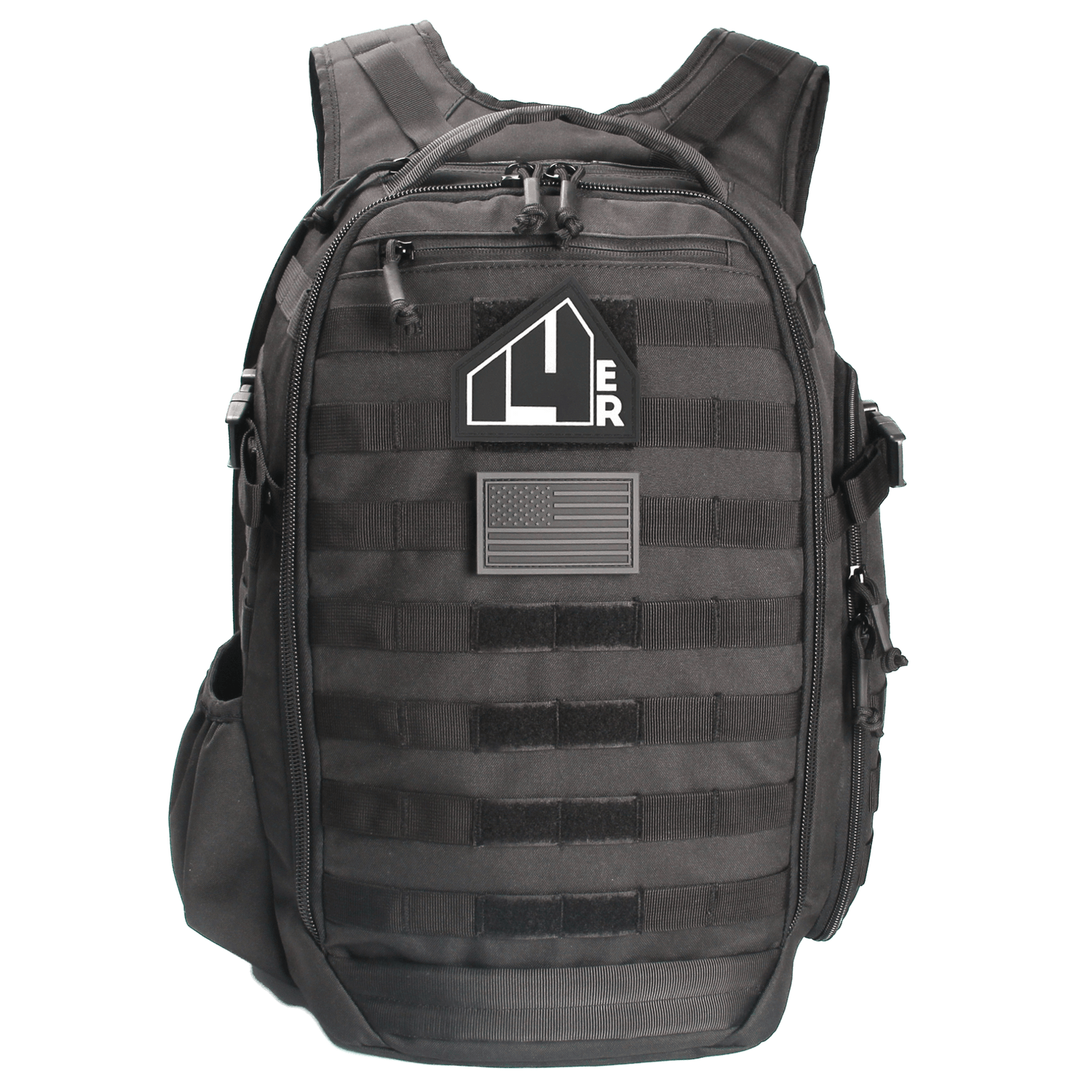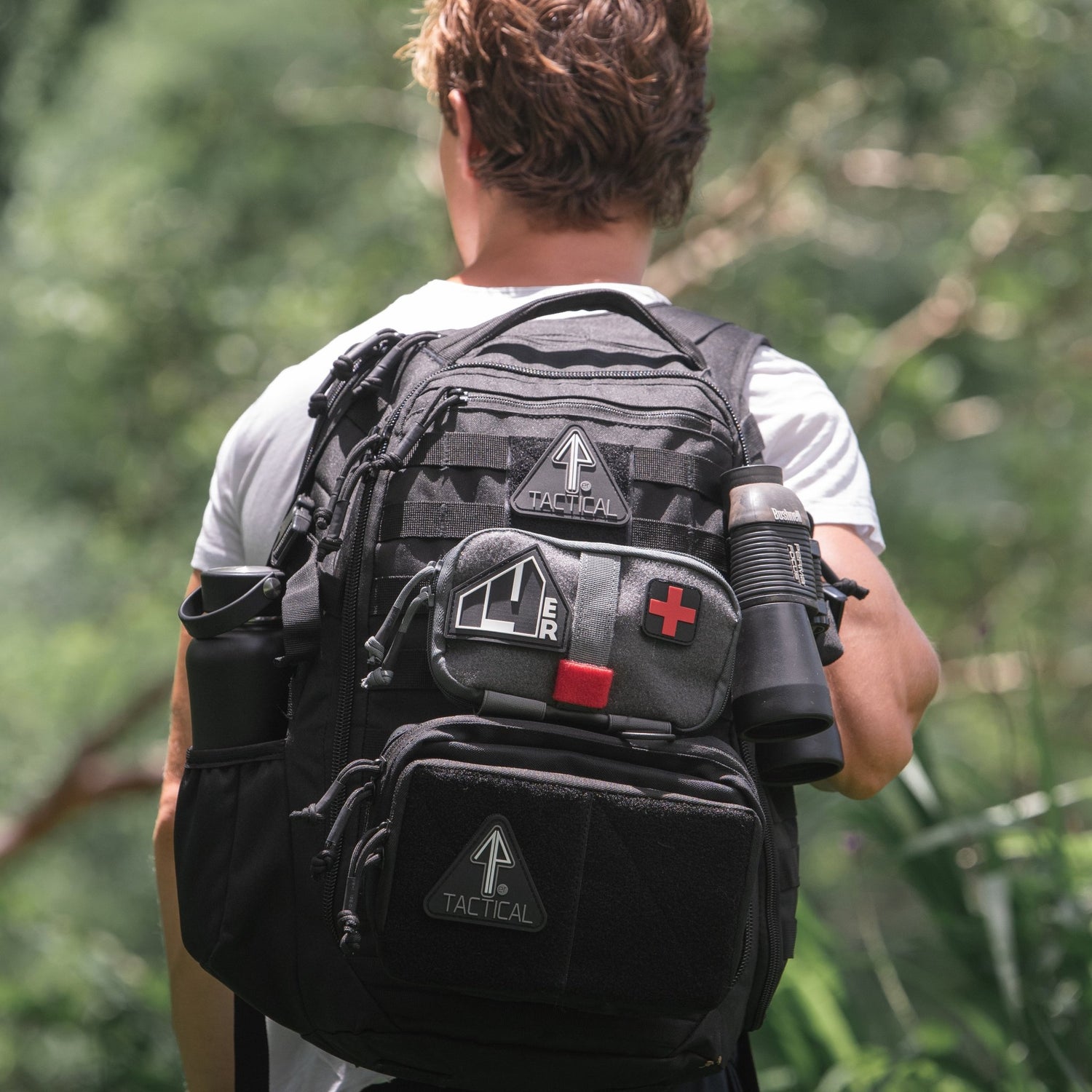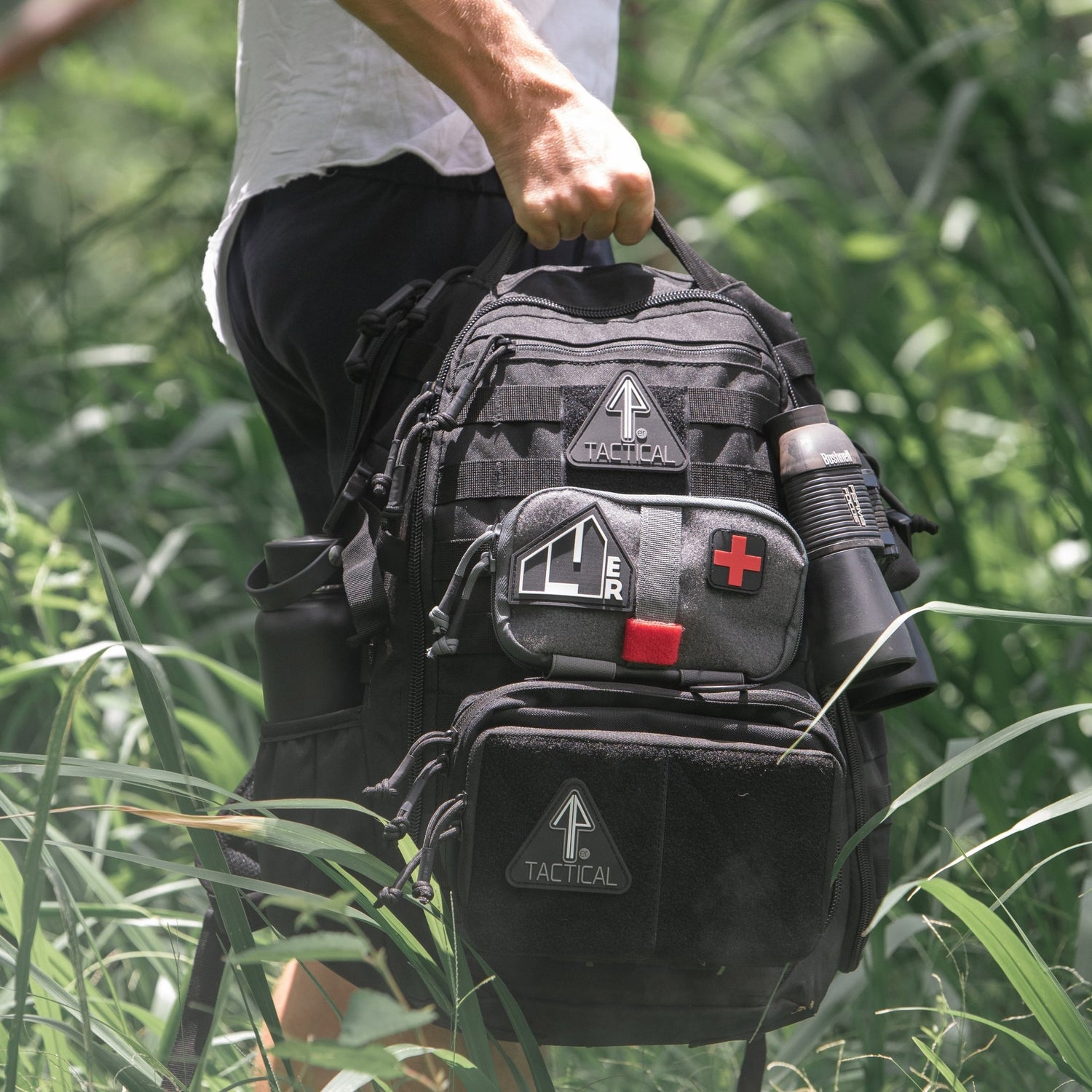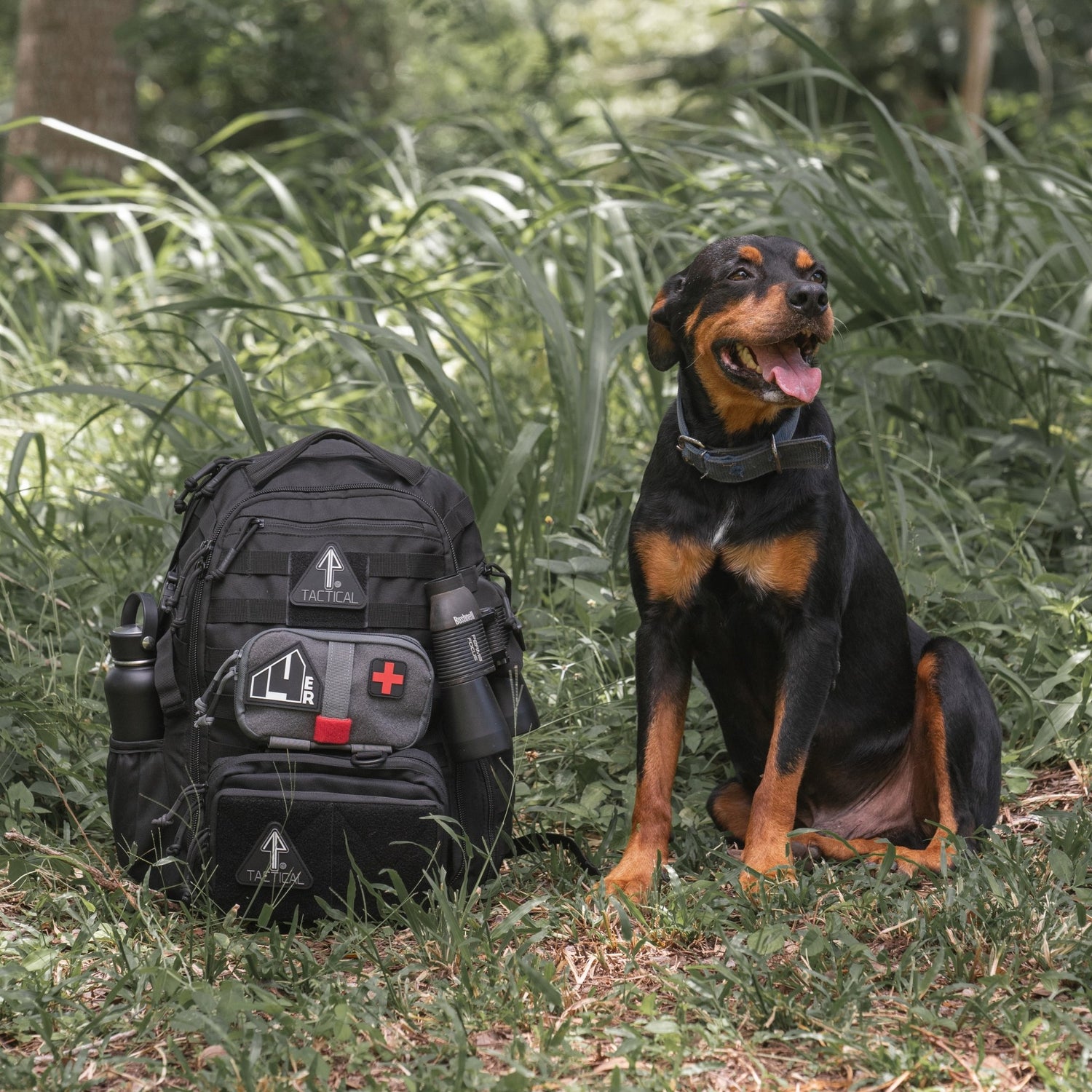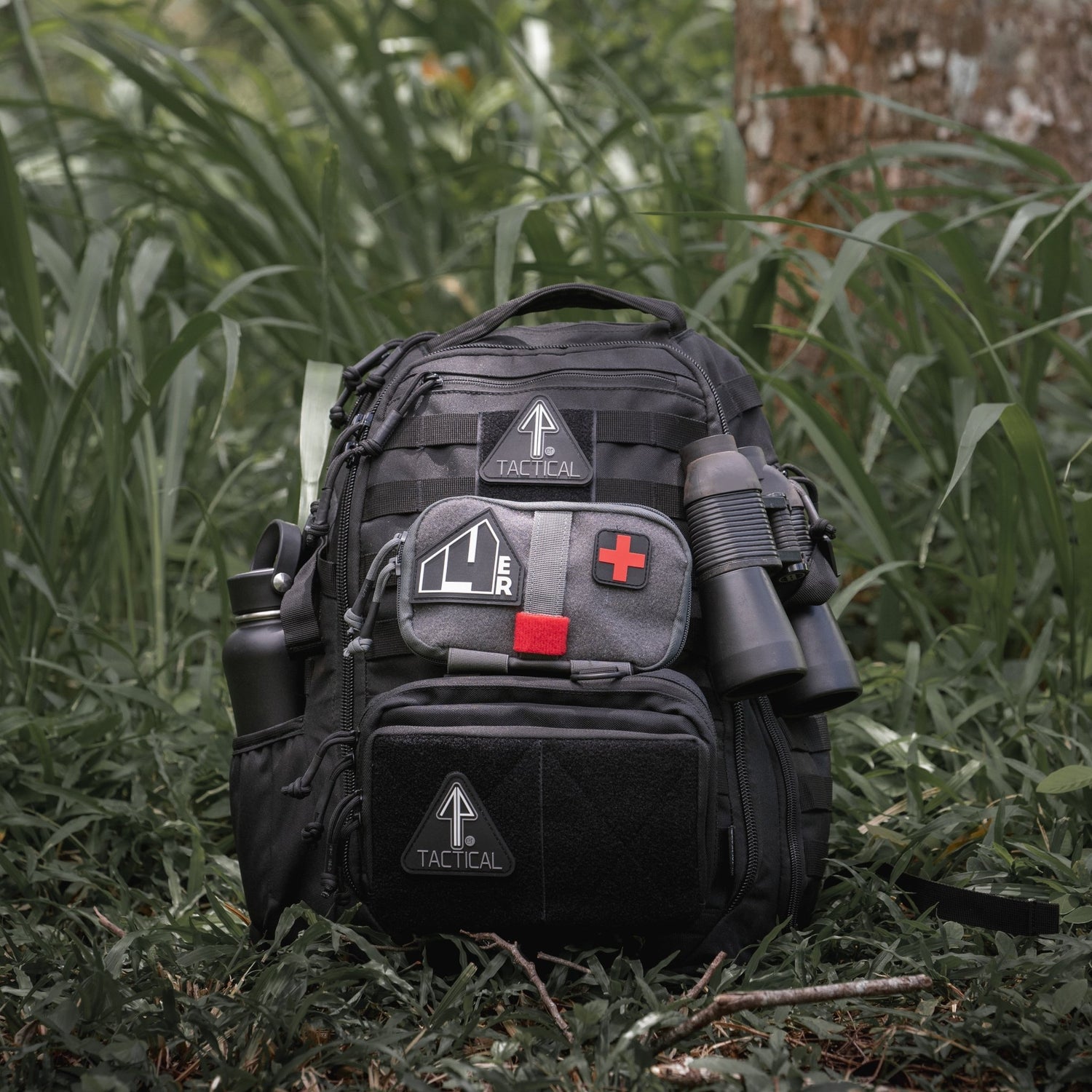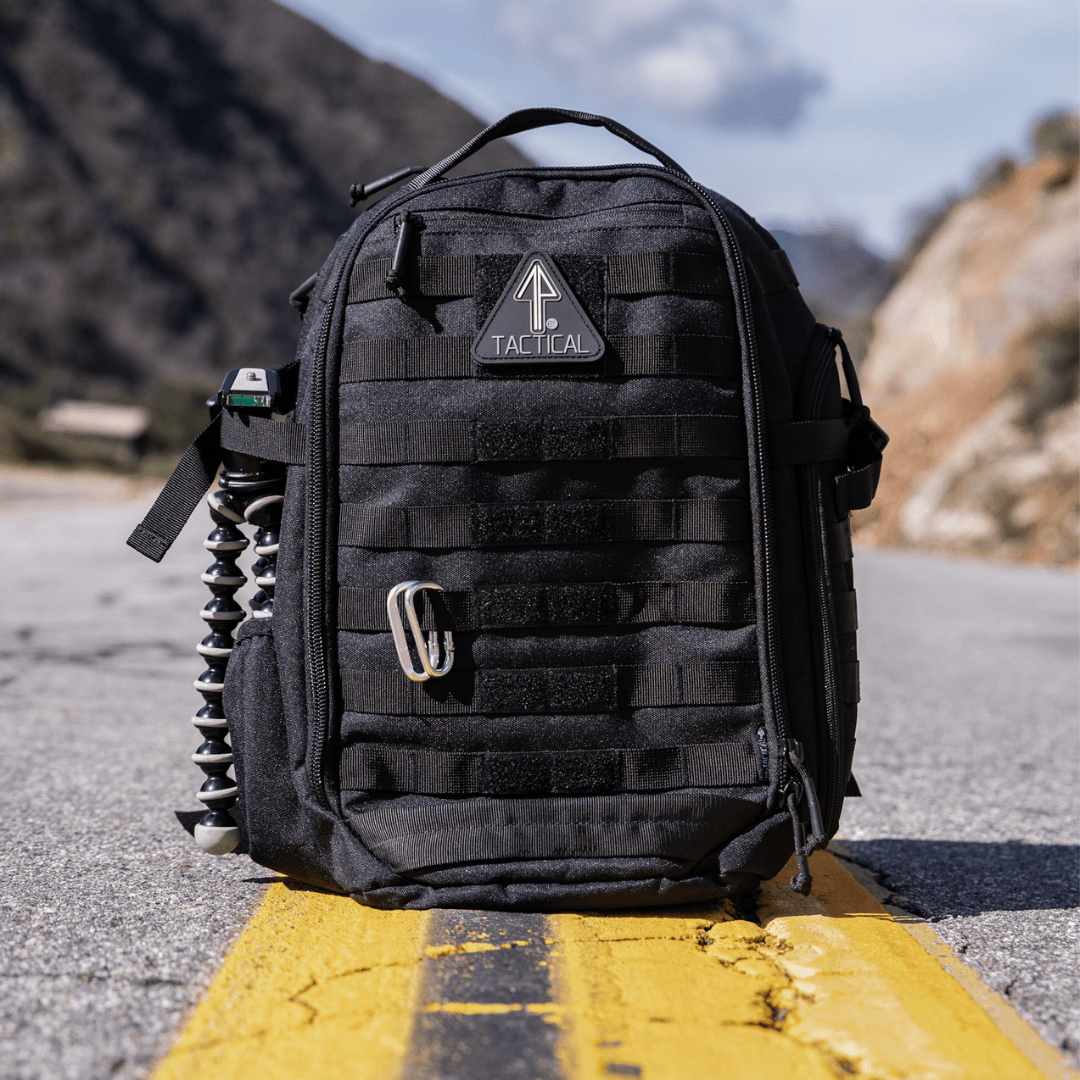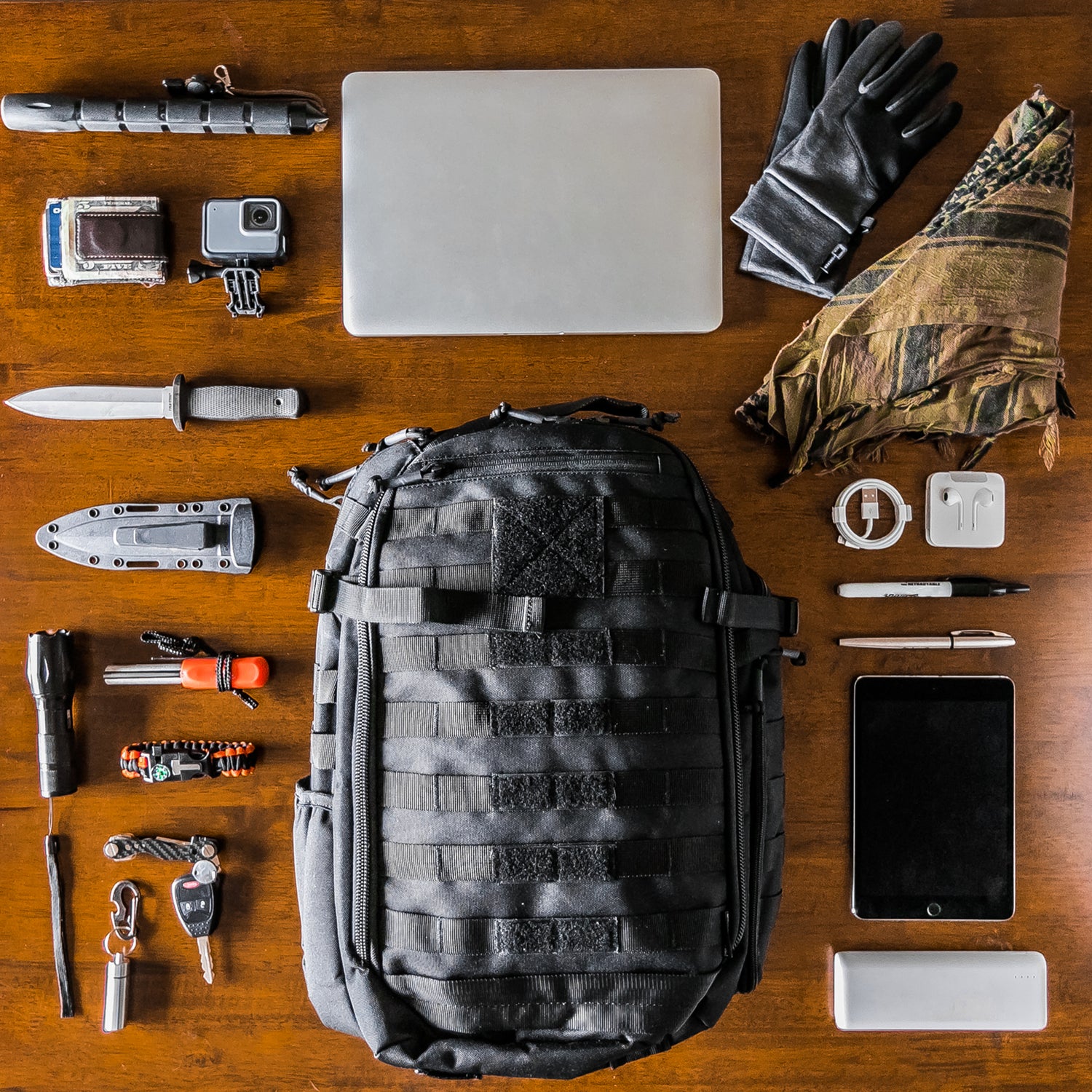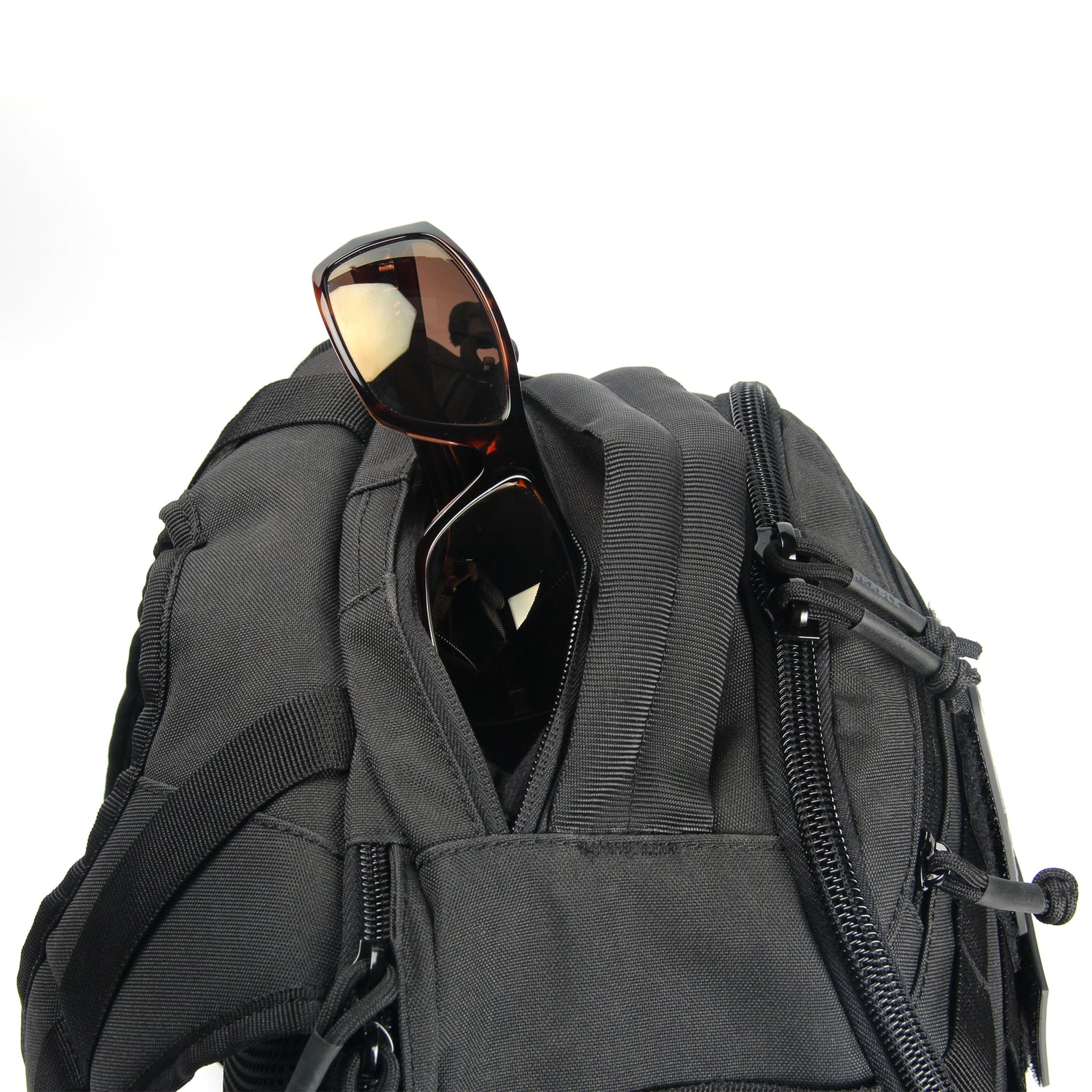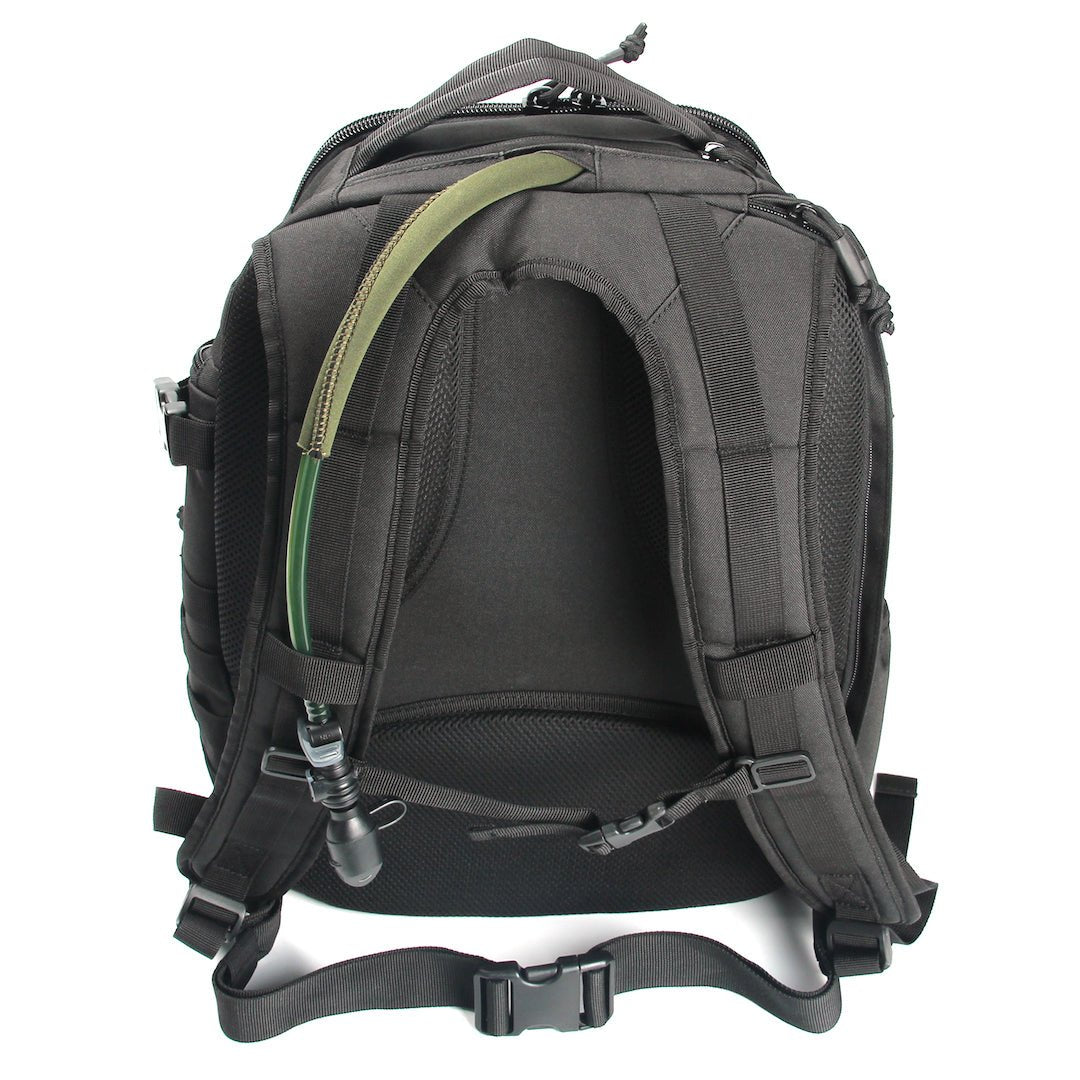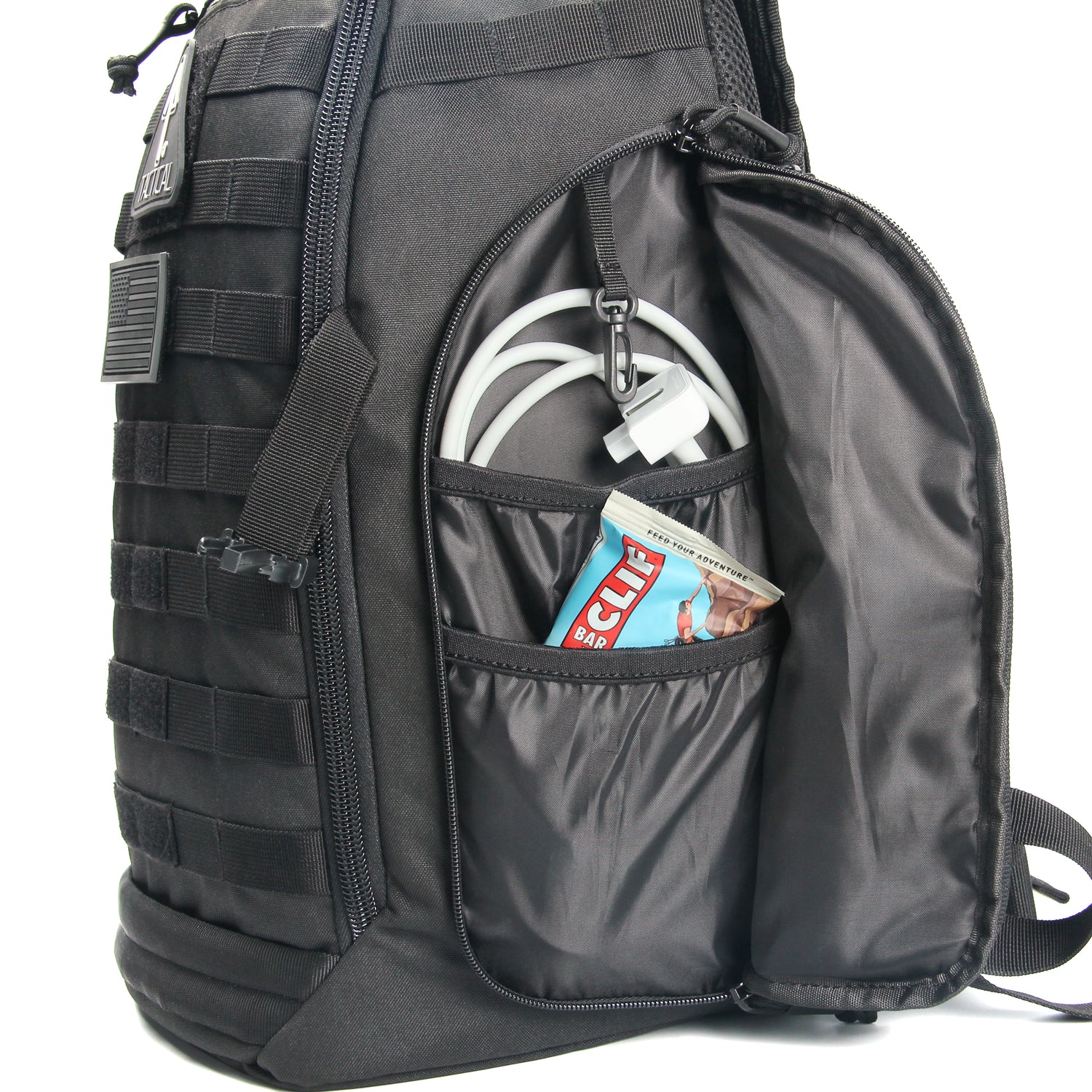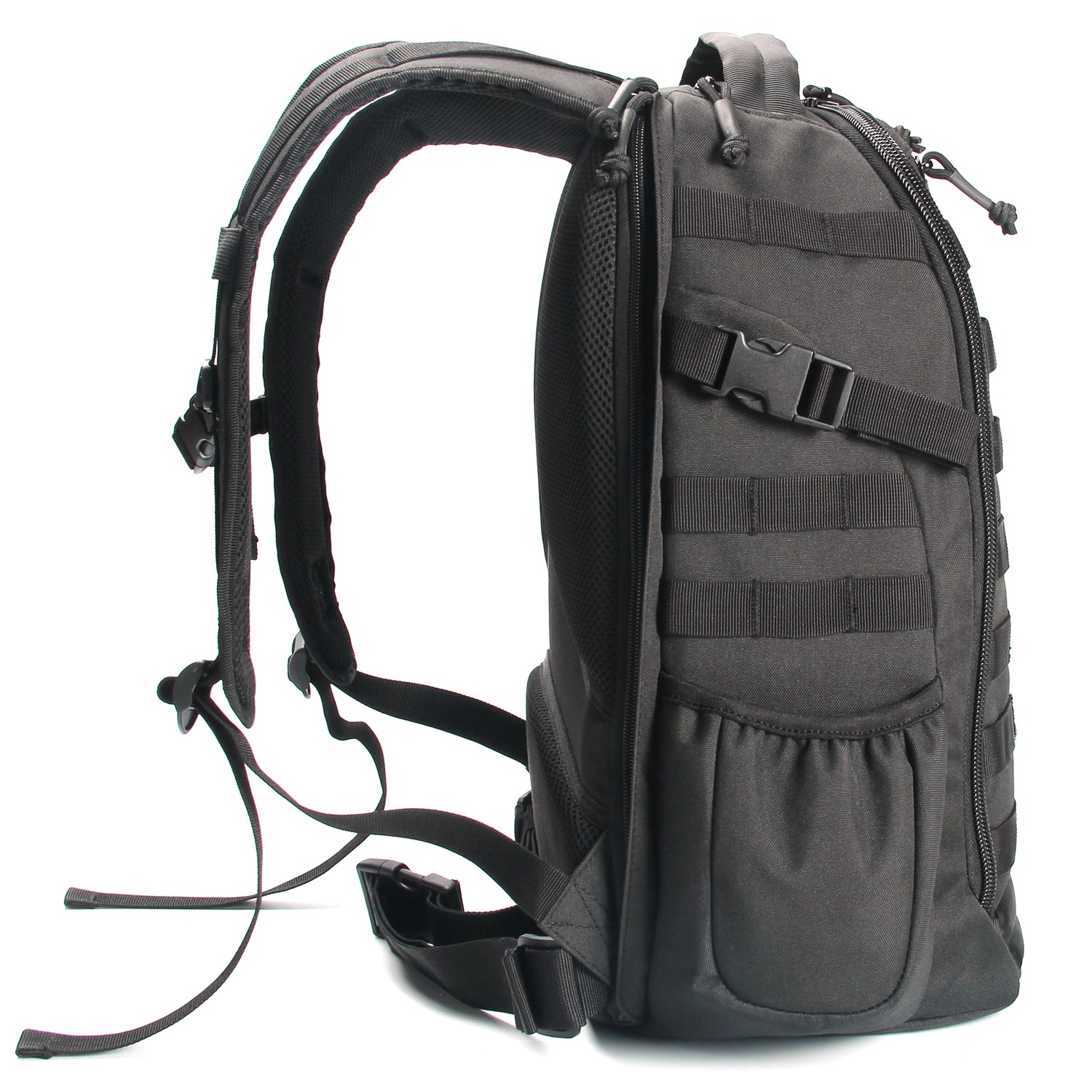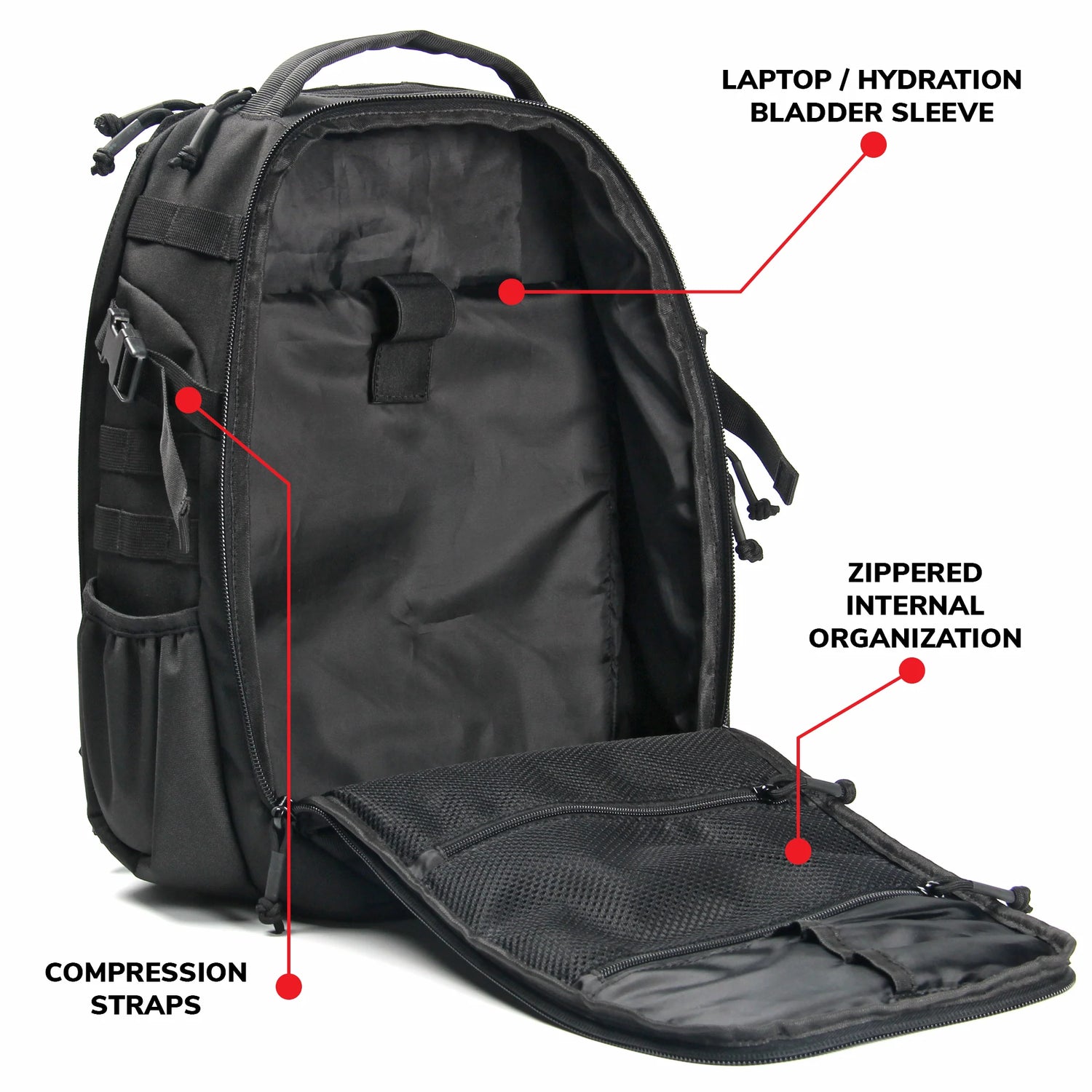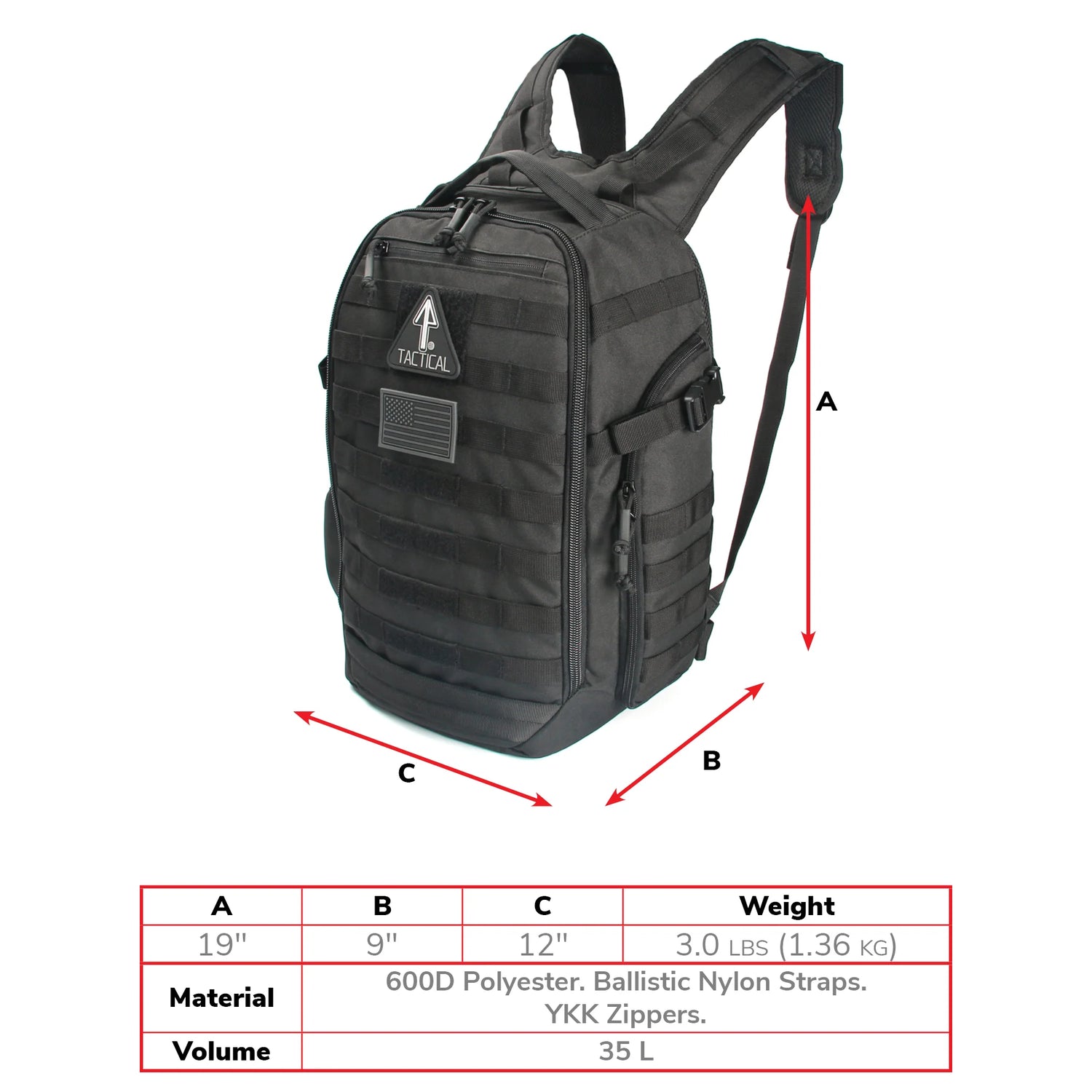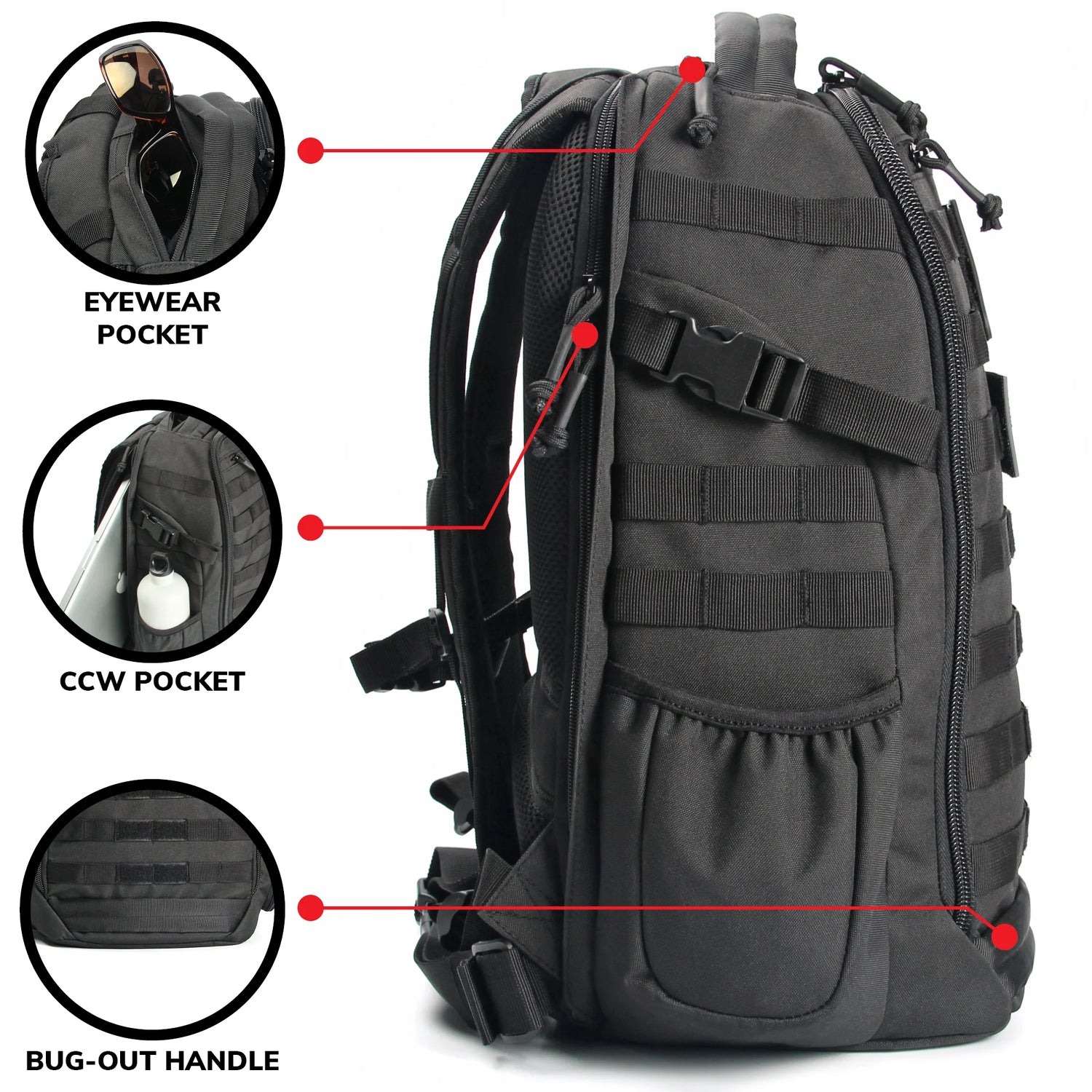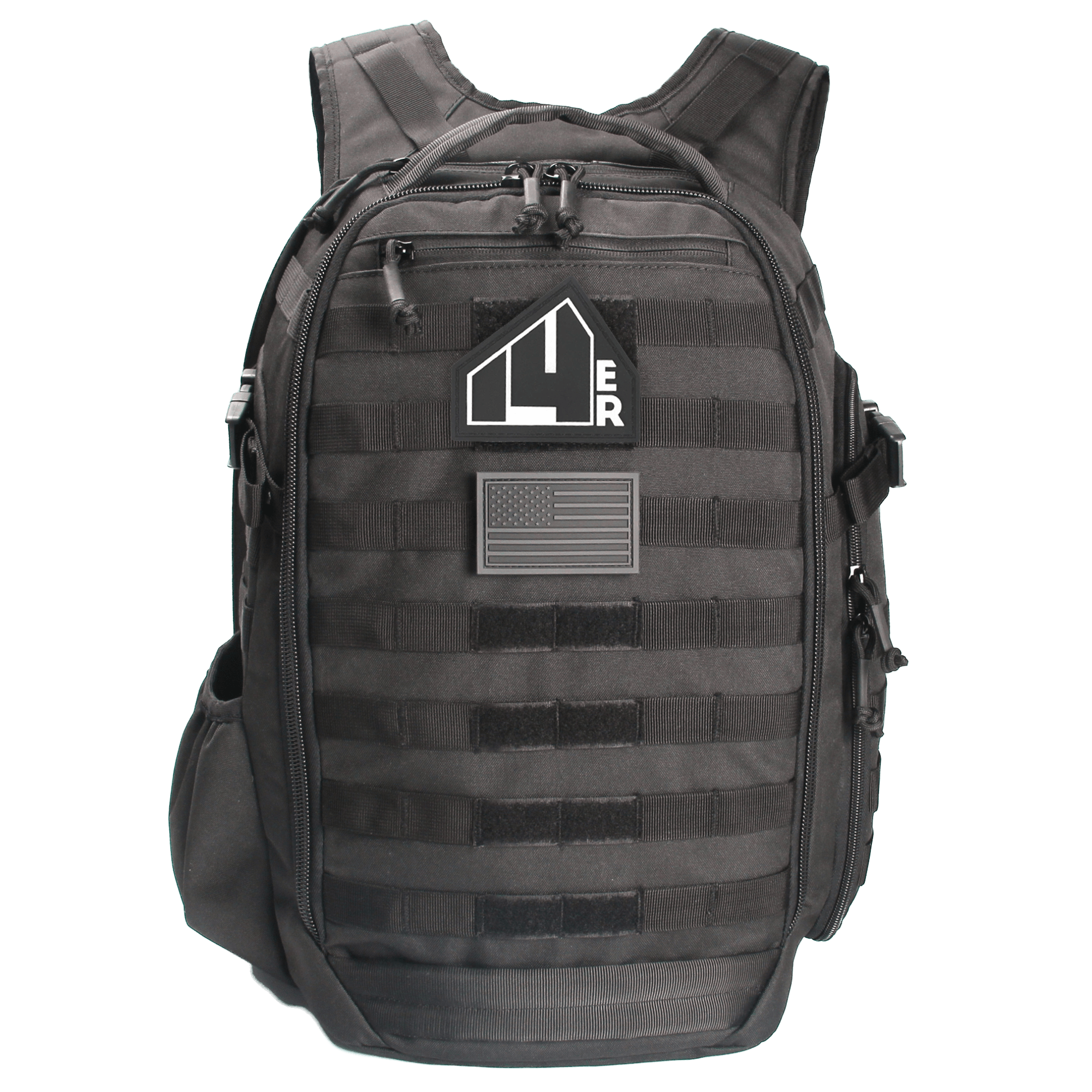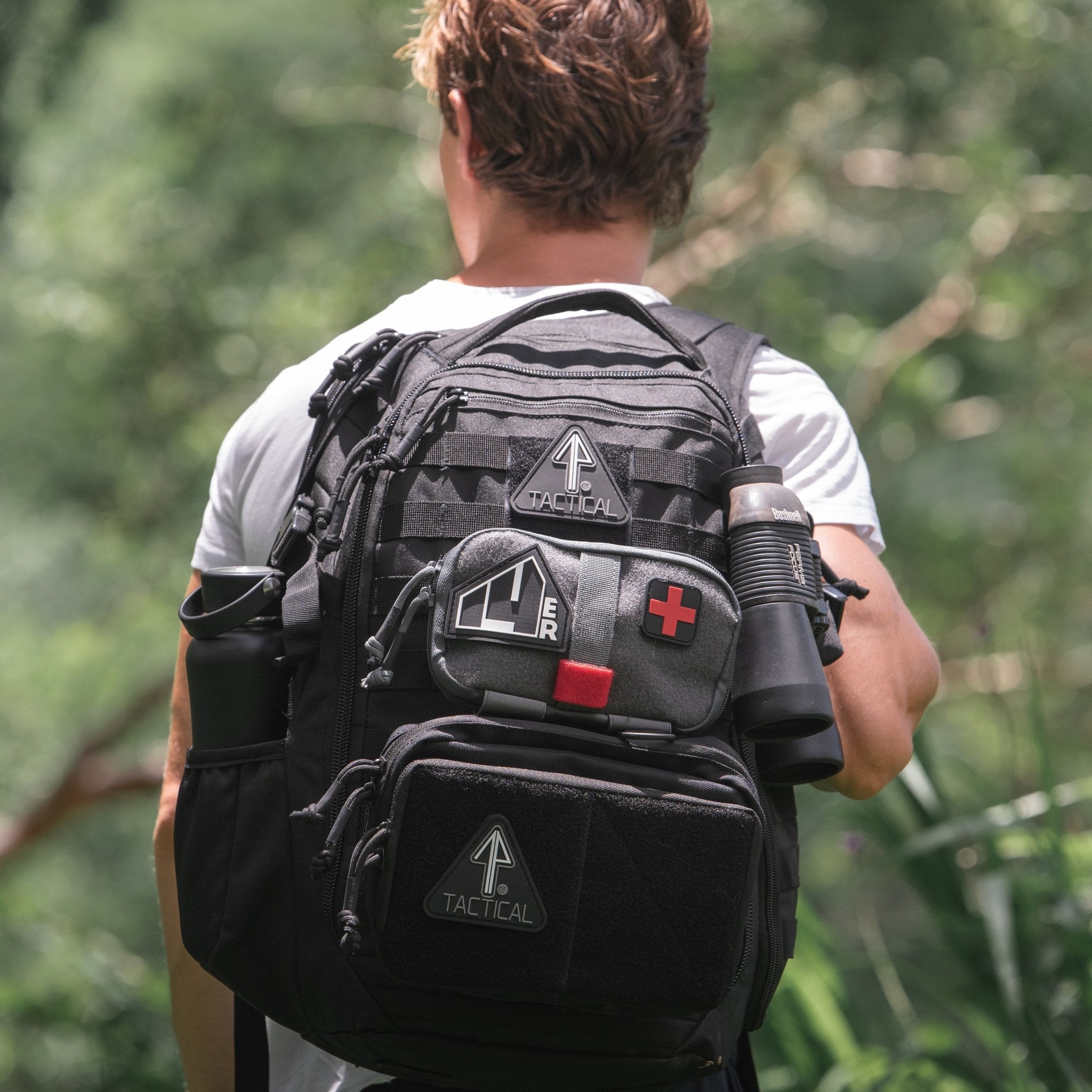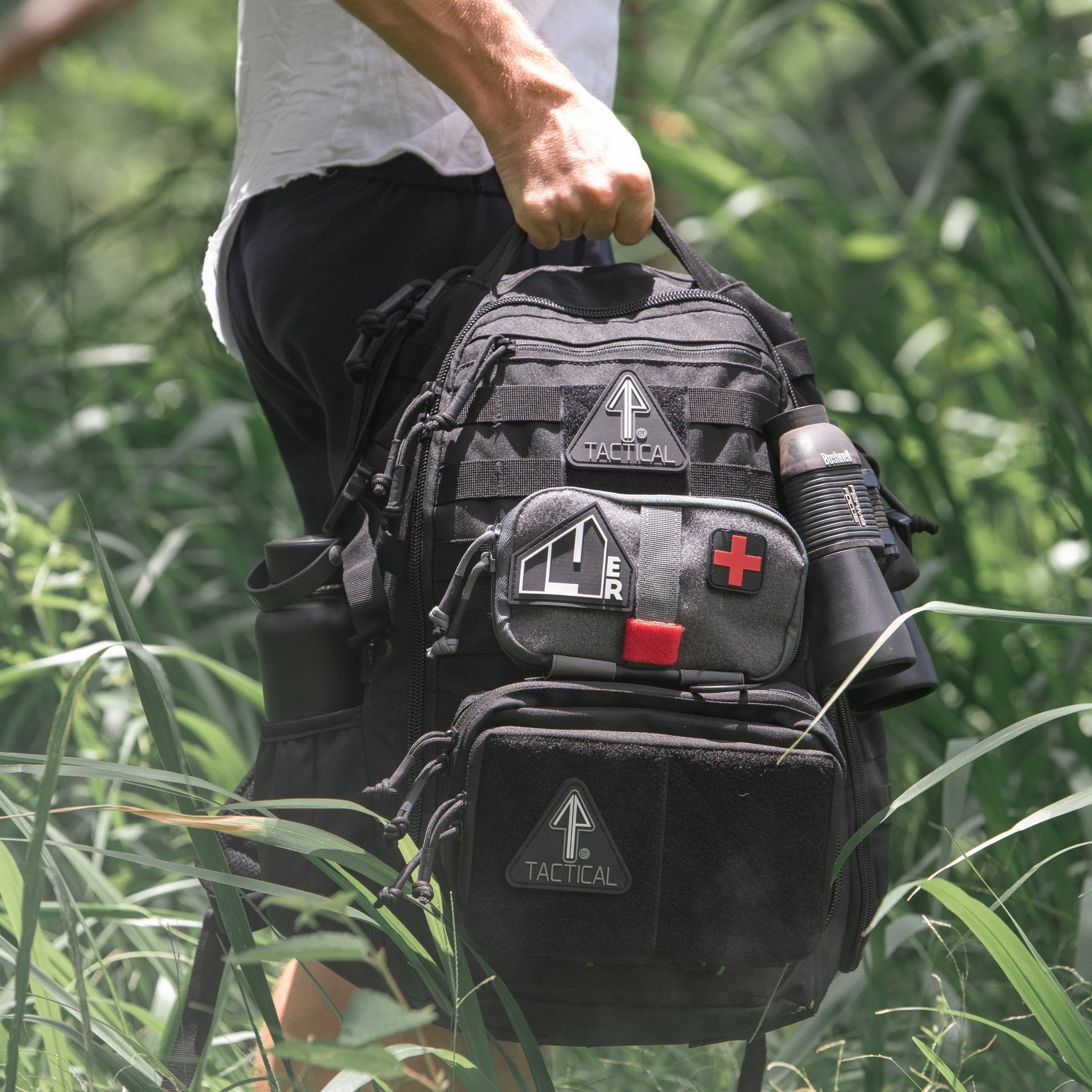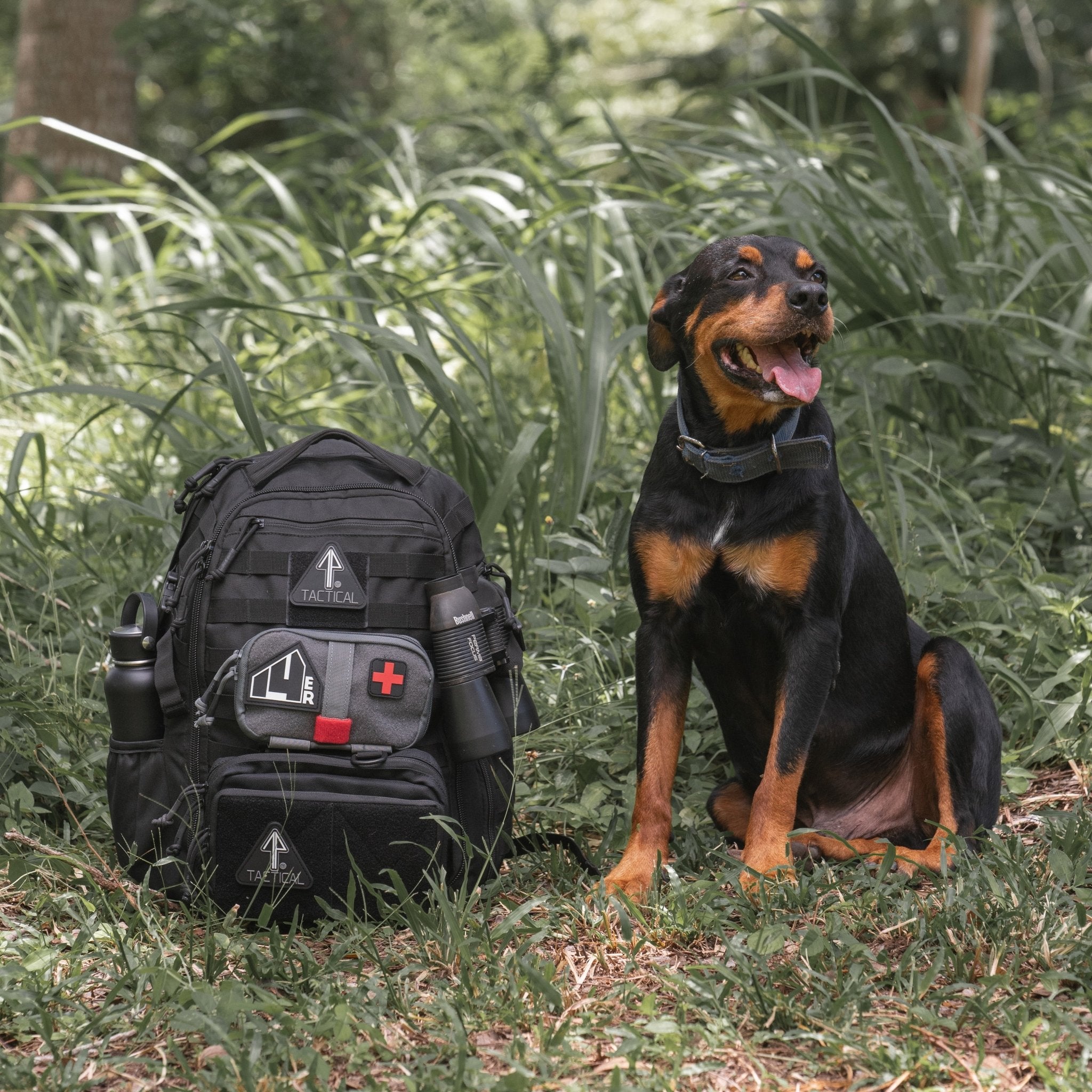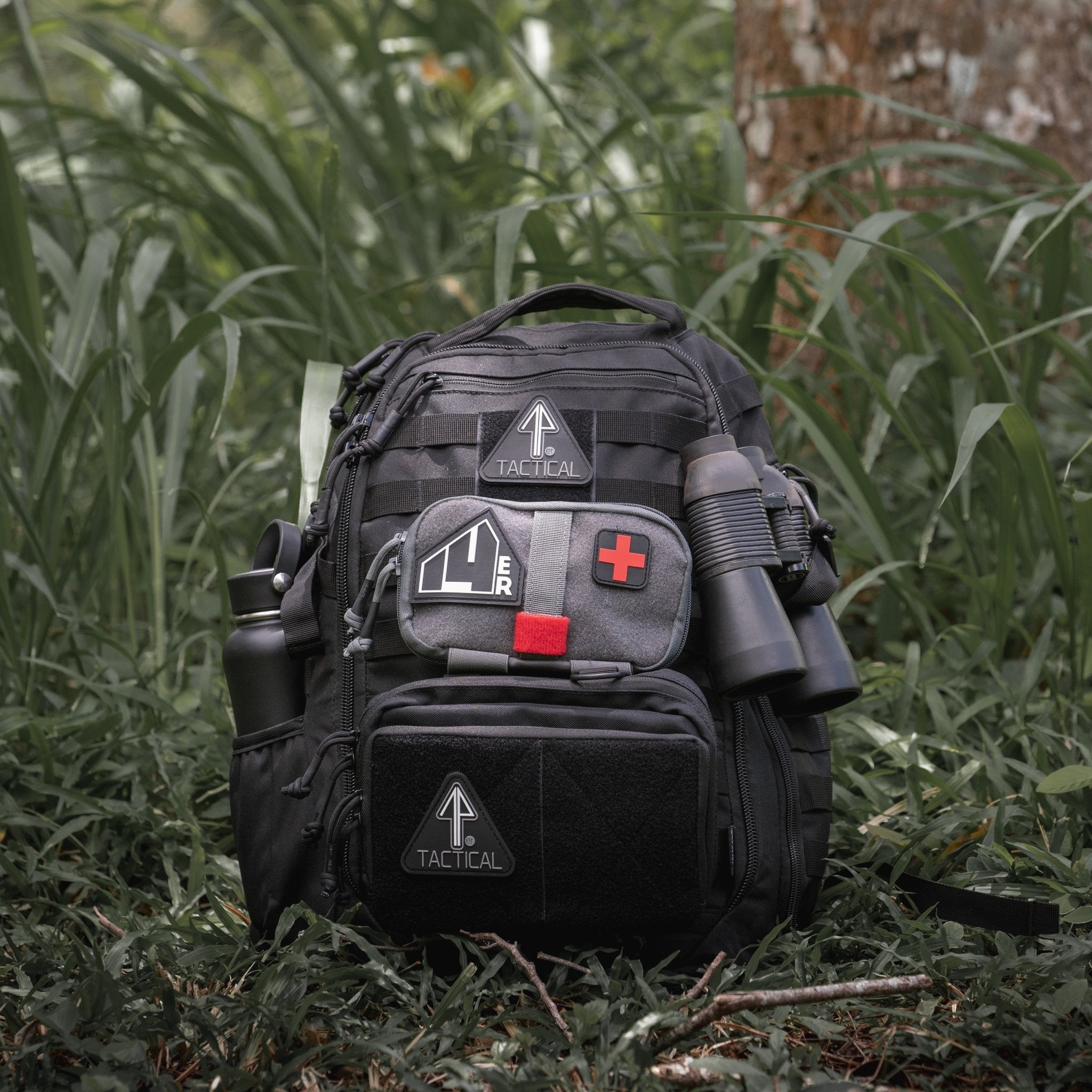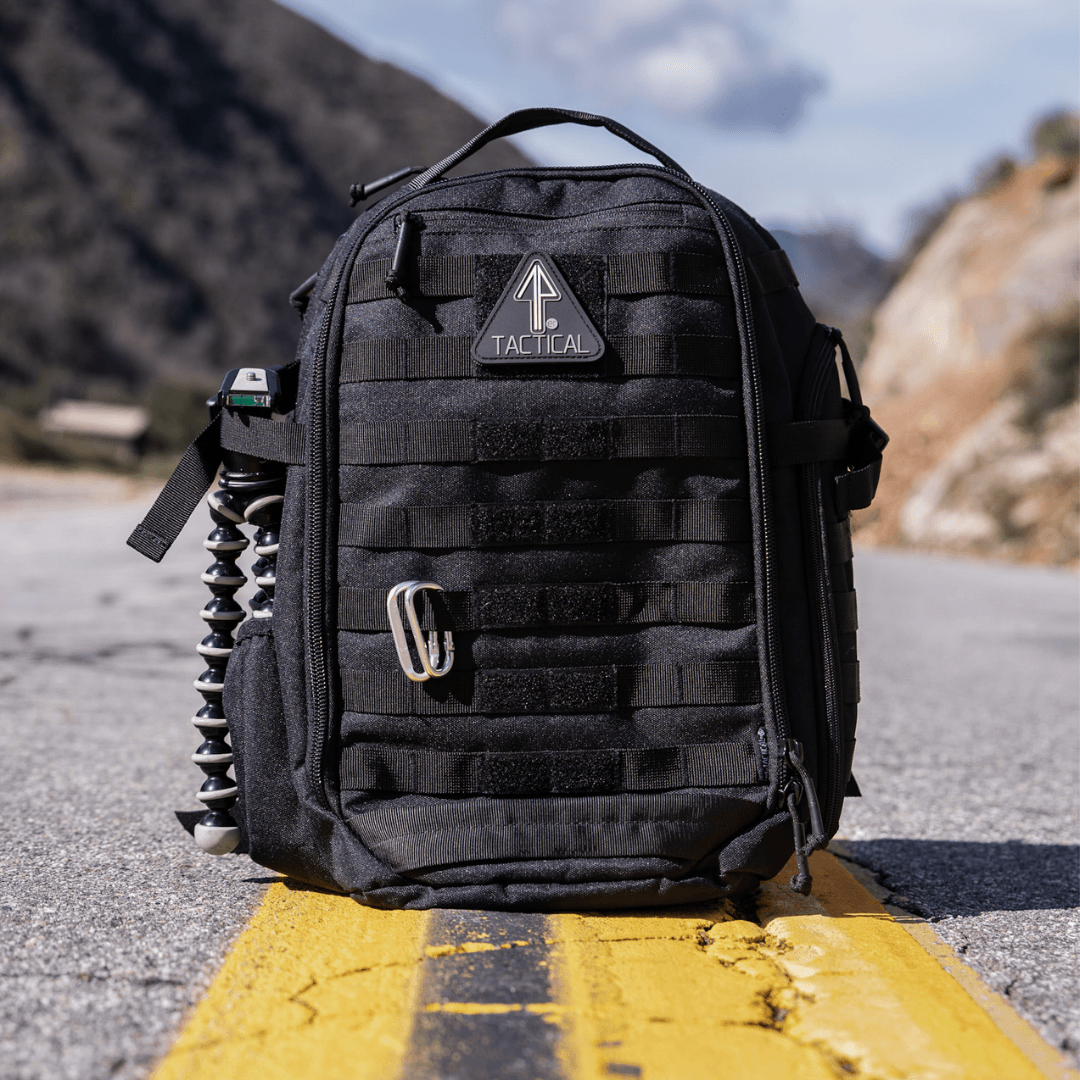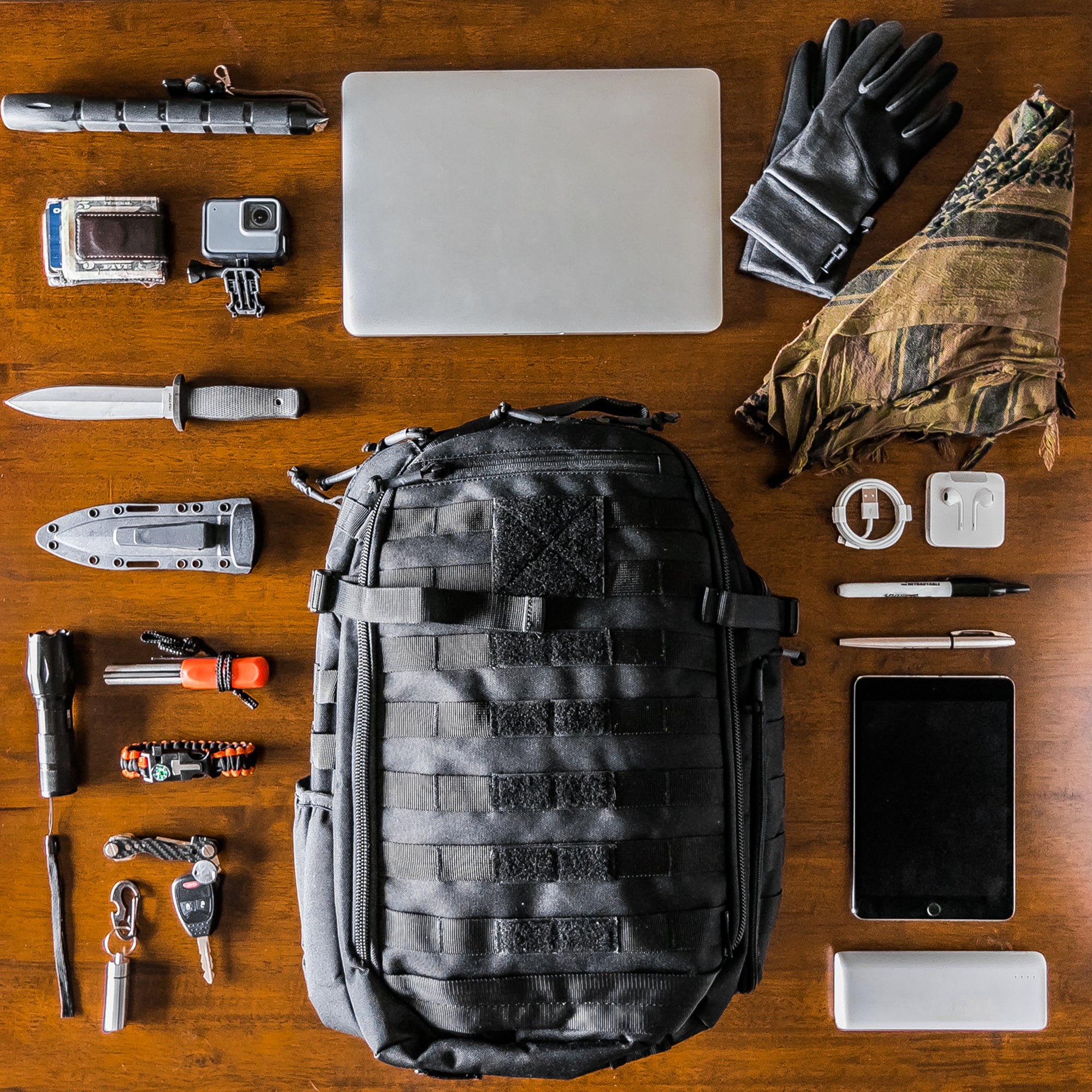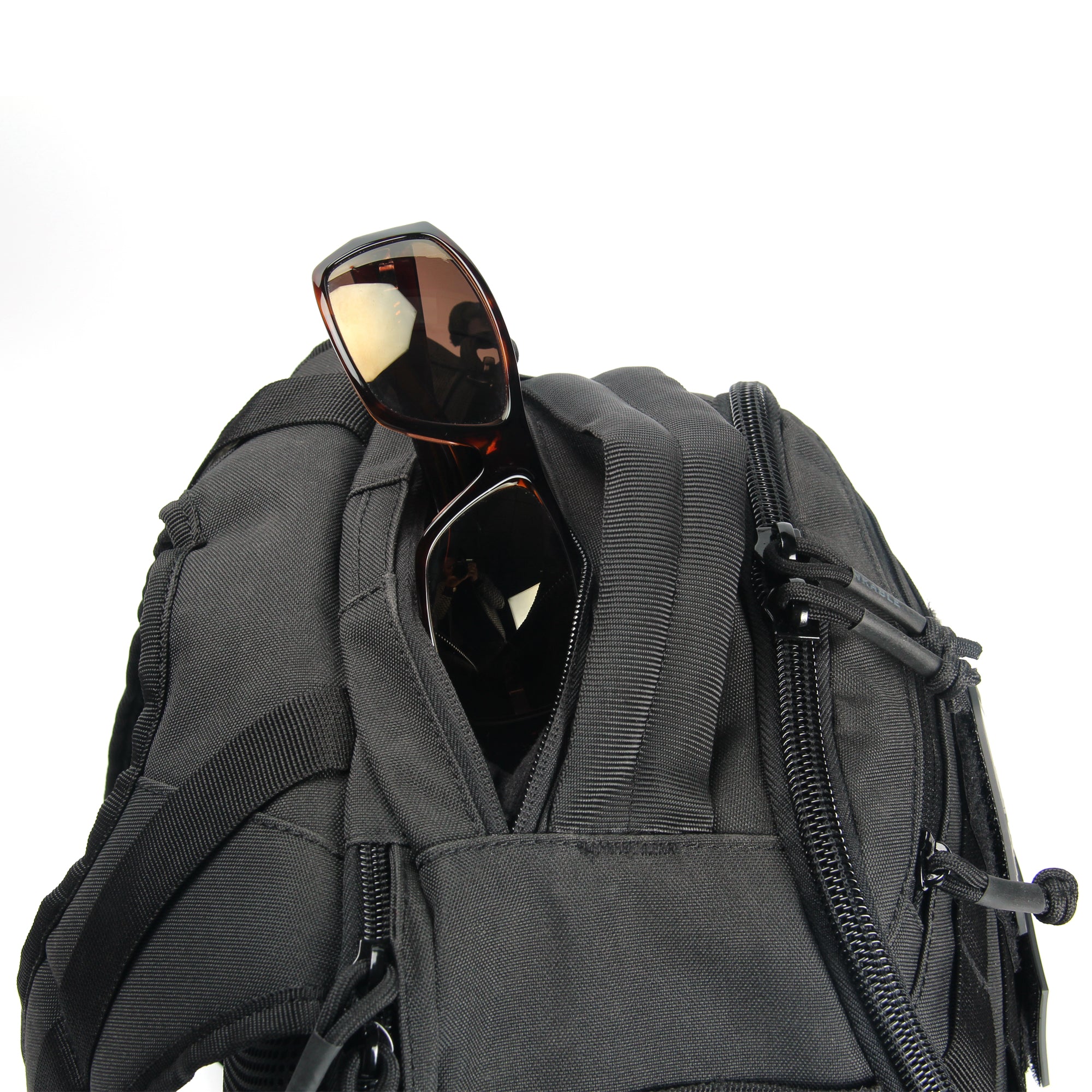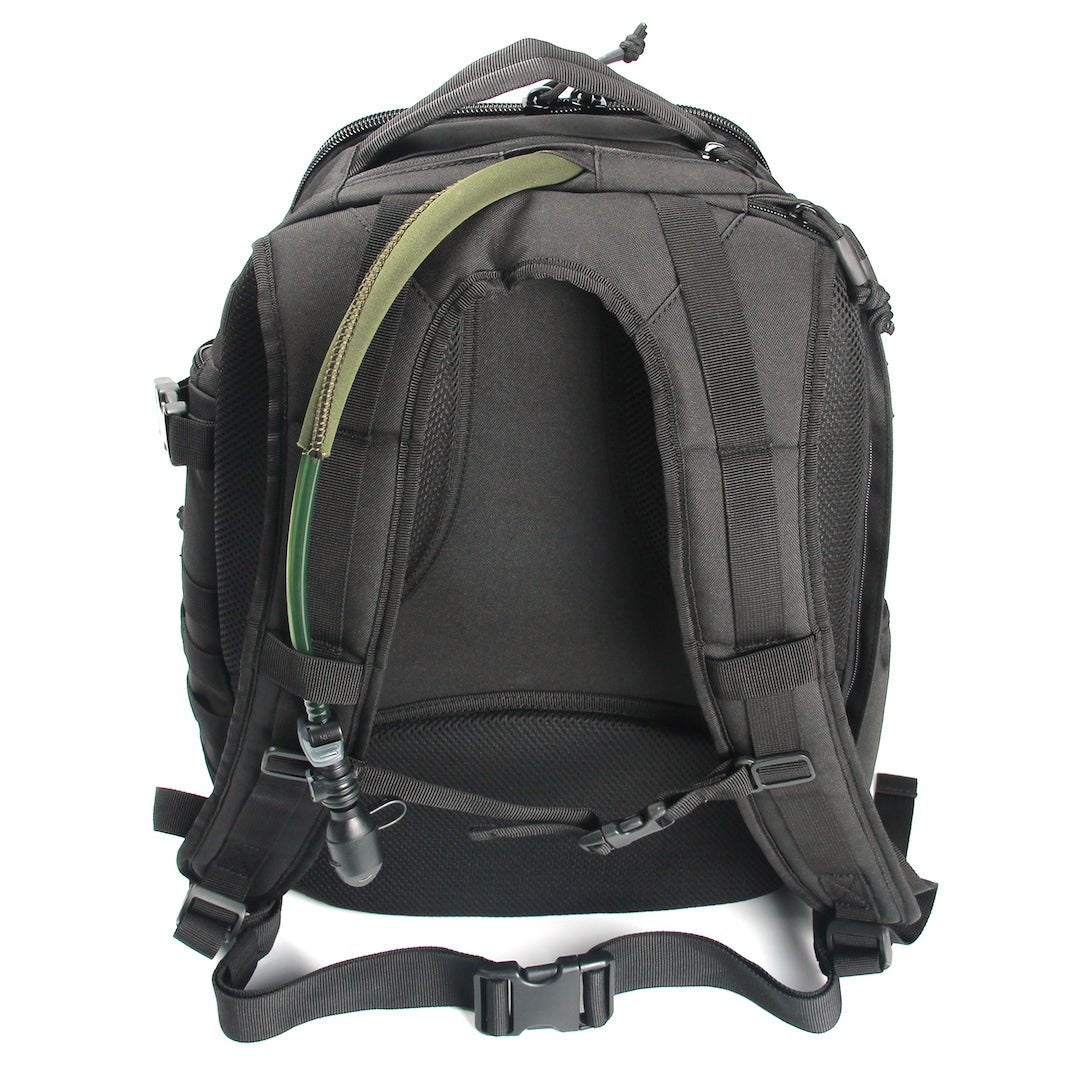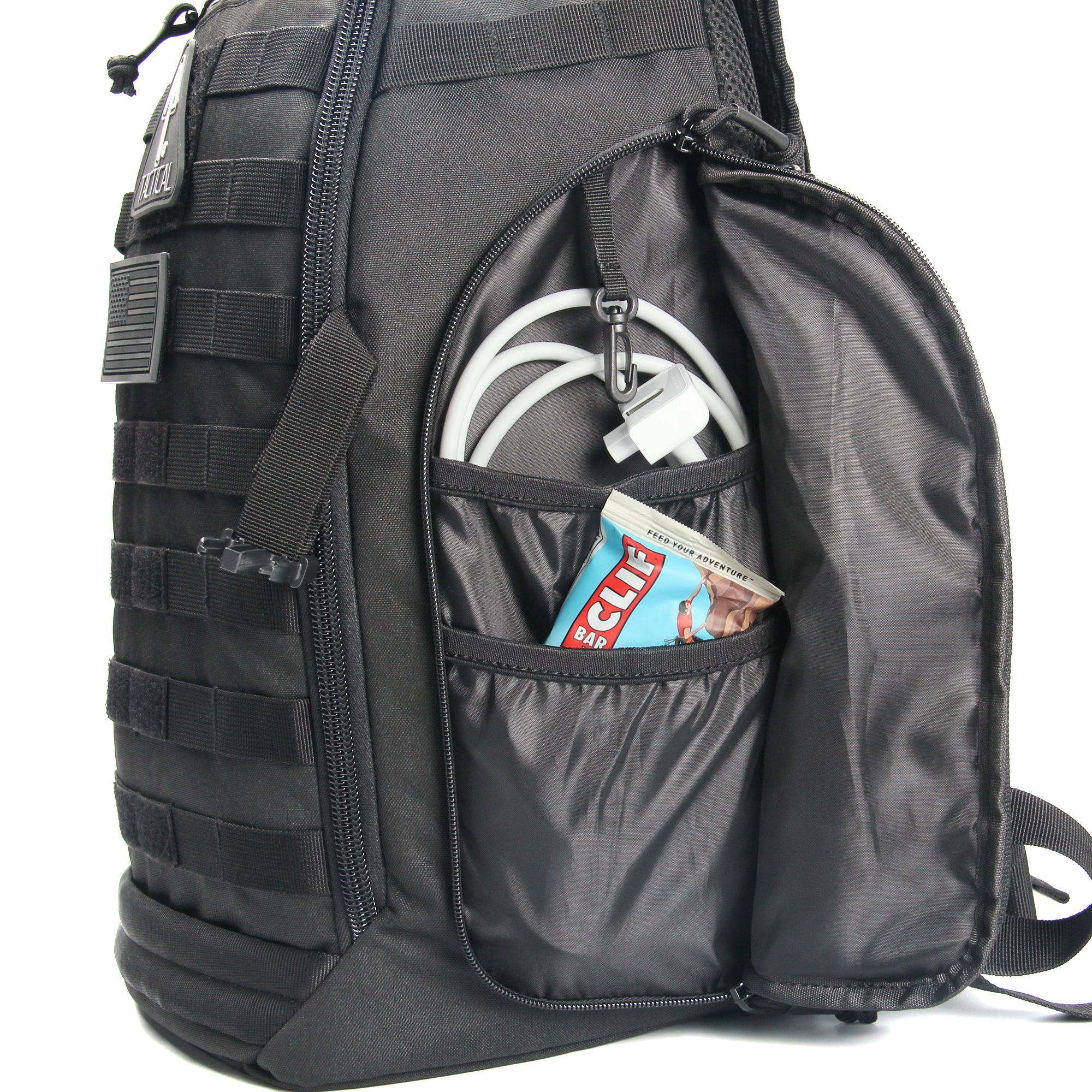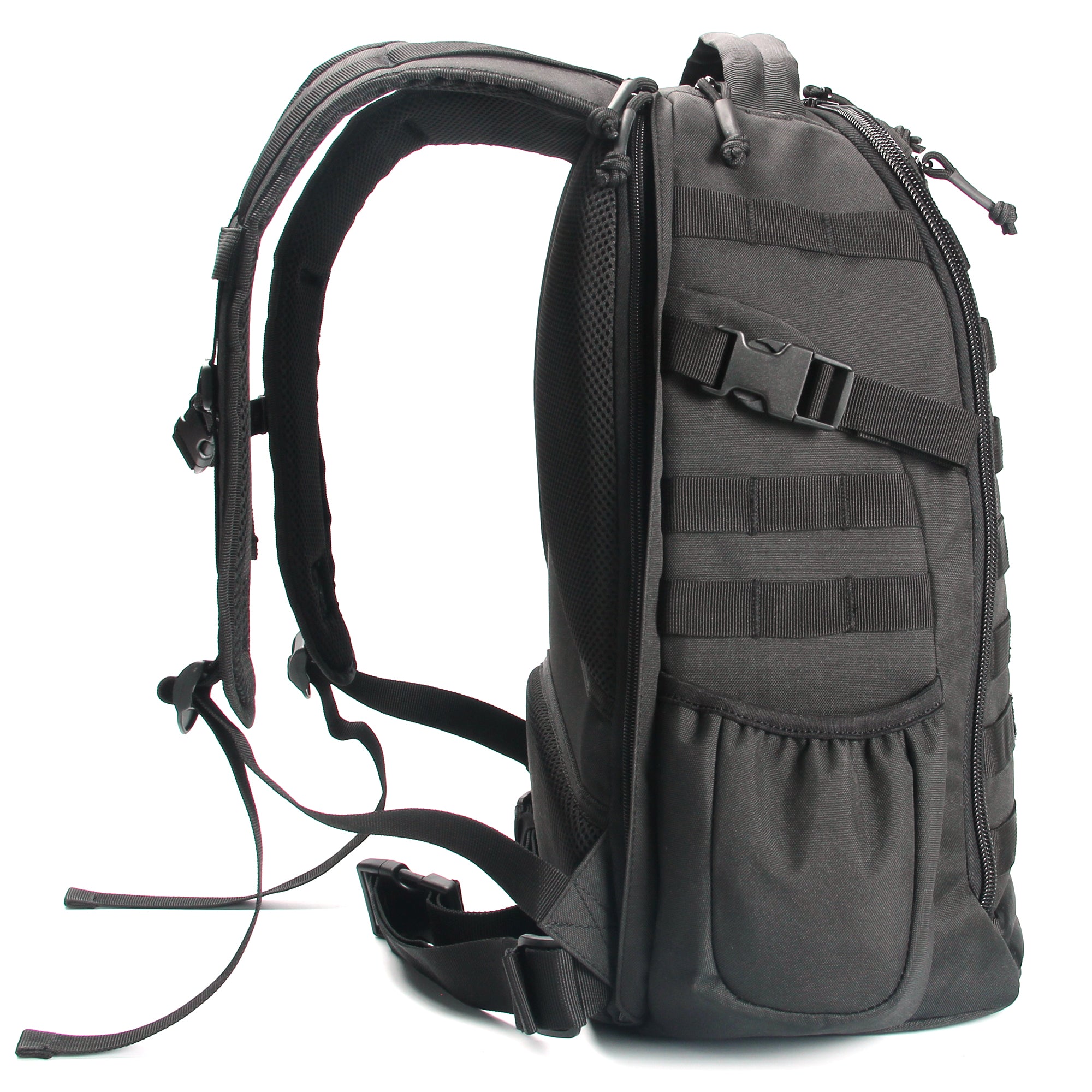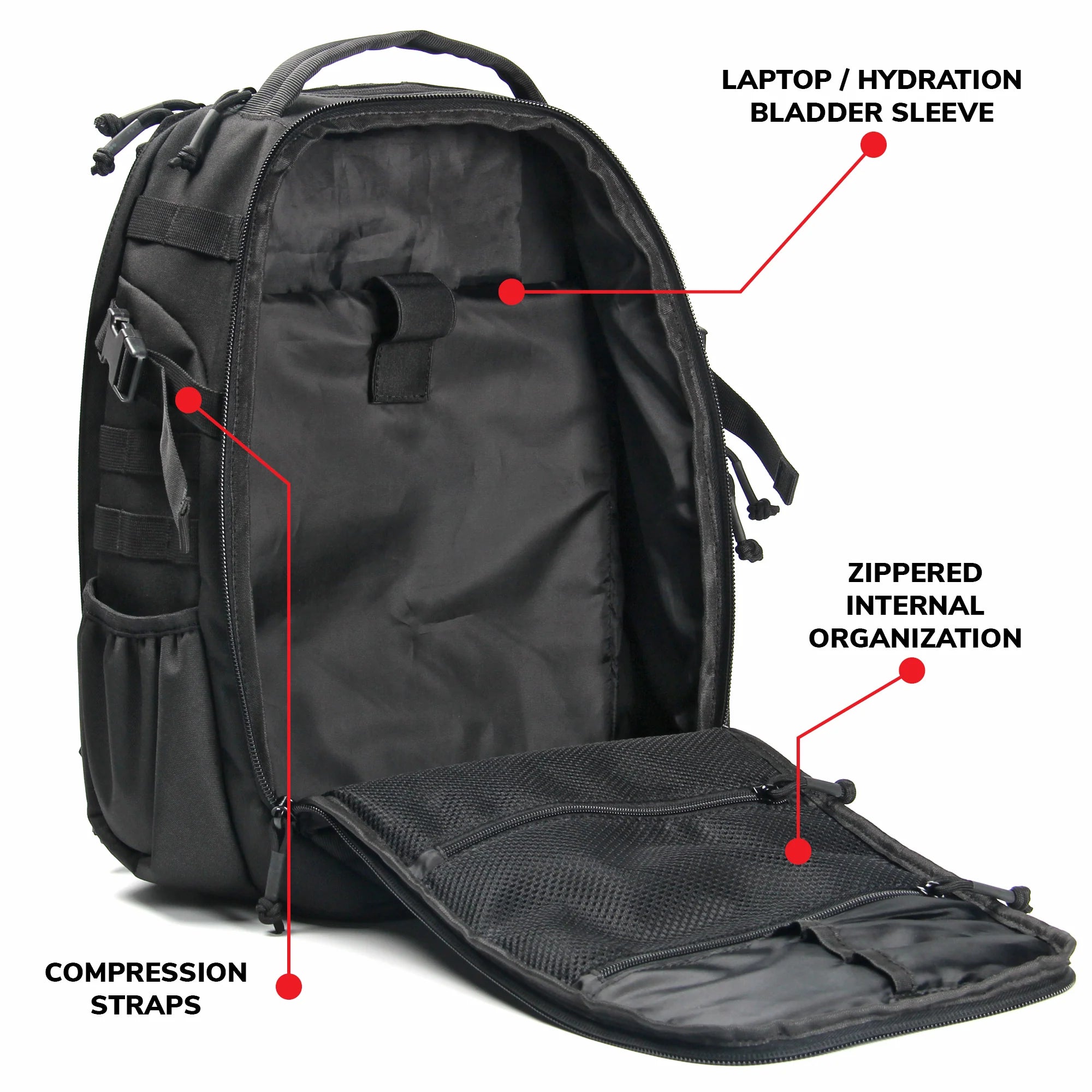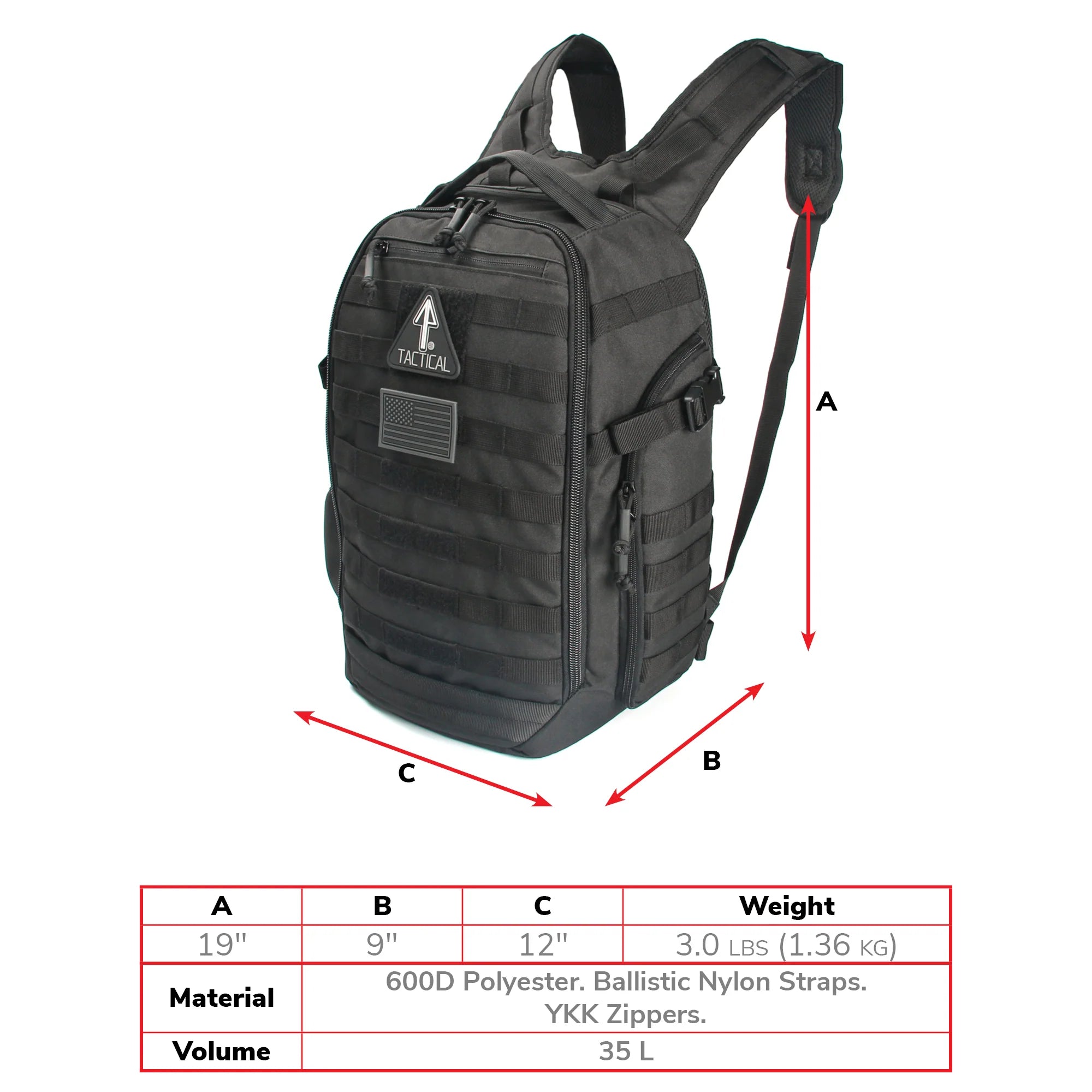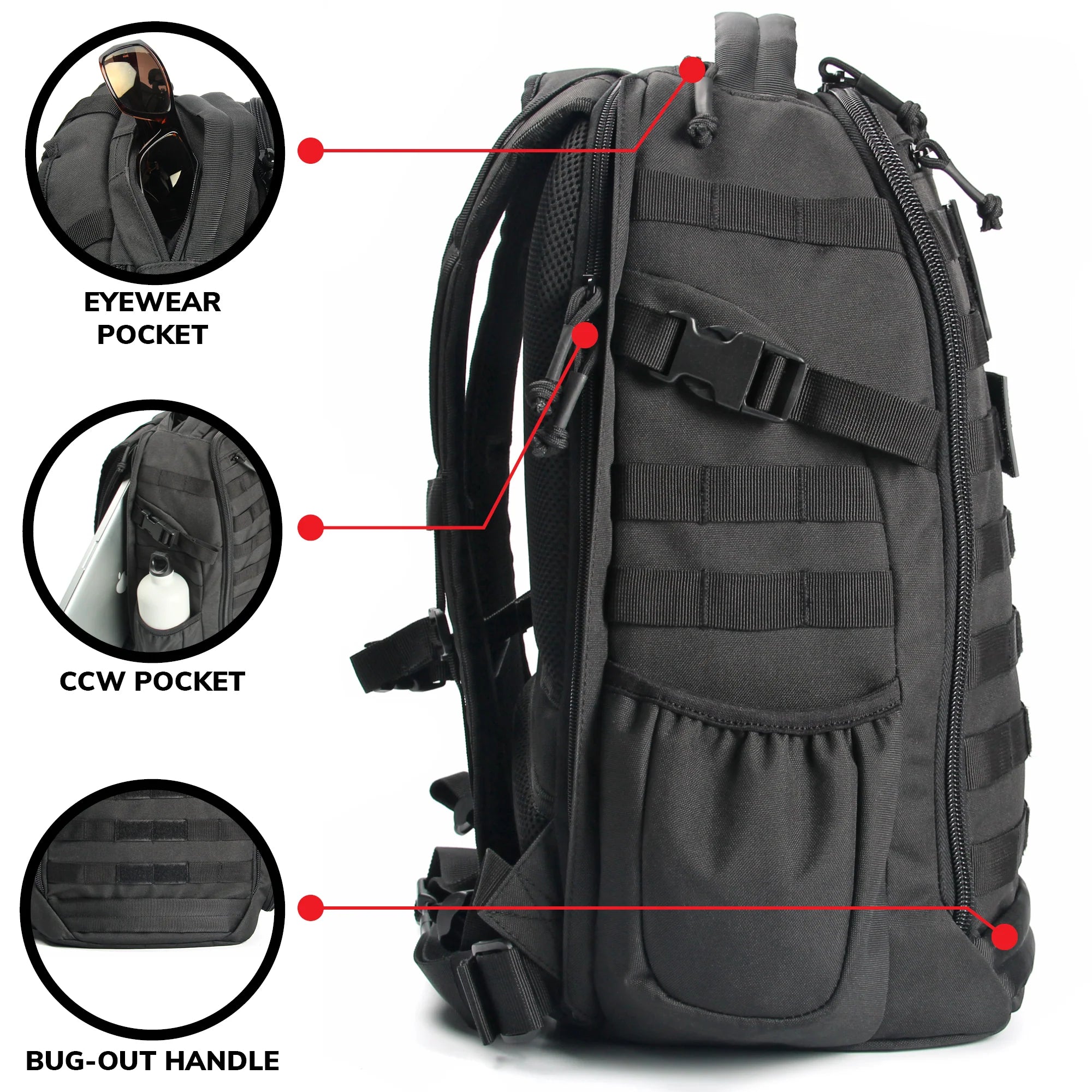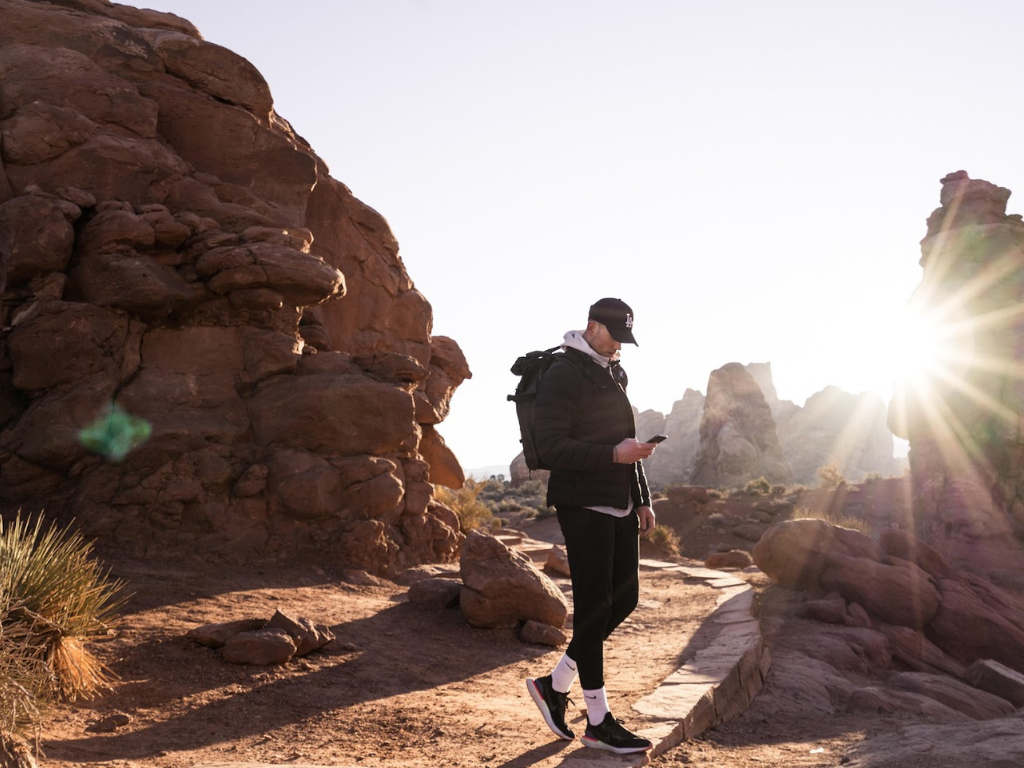Hey there! Ever heard of the 80/20 principle? Today, we're diving into something that's a total game-changer, not just in business or personal growth, but in something you might not have considered—disaster readiness. So hang tight, because that's exactly what we're talking about today.
What's the Deal with the 80/20 Principle?
So, let's kick things off by talking about what this 80/20 principle, or the Pareto Principle, is all about. Named after the Italian economist Vilfredo Pareto, this principle suggests that roughly 80% of effects come from 20% of causes. Sounds intriguing, right?
Imagine you have a wardrobe full of clothes. According to the 80/20 principle, you probably wear just 20% of them 80% of the time. Or think about your work; it's likely that just 20% of your tasks contribute to 80% of your success. This principle is everywhere, from economics to gardening, and yes, it's super applicable to disaster preparedness too.

Why Should You Even Care About Disaster Preparedness?
Now, you might be thinking, "Disasters? Those things happen to other people, not me!" Well, I hate to be the bearer of bad news, but disasters don't discriminate. According to data, natural disasters affected over 95 million people worldwide in 2020 alone. And that's not even counting other emergencies like power outages, civil unrest, or pandemics.
Remember Hurricane Katrina? Or the Australian bushfires? These are stark reminders that being unprepared can have devastating consequences. So, unless you have a crystal ball that guarantees you'll never face an emergency (and if you do, please share!), it's wise to be prepared.
Traditionally, preparing for disasters has been a bit like packing for a year-long trip around the world. People stock up on everything from canned goods to inflatable rafts, turning their basements into mini-malls of survival gear. While it's better to be over-prepared than under-prepared, this approach can be overwhelming, expensive, and let's face it, a bit impractical.

The 80/20 Principle: Your New Best Friend in Disaster Preparedness
So how can the 80/20 principle help you be disaster-ready without turning your home into a doomsday bunker? It's all about focusing on that golden 20% of actions that will give you 80% of the results. Instead of hoarding every canned good in sight, focus on the essentials that will sustain you for the longest time. Think high-calorie, nutrient-dense foods, clean water, and basic medical supplies. You don't have to be Bear Grylls, but knowing a few key survival skills can go a long way. Learn how to purify water, perform basic first aid, and start a fire. These skills cover a multitude of scenarios.
In the age of smartphones, we often forget about good old-fashioned communication methods. A simple walkie-talkie can be a lifesaver when cell towers are down. Let's look at some examples. During Hurricane Sandy, people with portable generators and basic medical knowledge fared much better than those with basements full of miscellaneous supplies. Or consider the earthquakes in Japan, where individuals with emergency grab bags were able to evacuate more efficiently.

Why You'll Love the 80/20 Approach to Emergency Planning
By focusing on the most impactful 20%, you save an enormous amount of time. No more weekends spent organizing an endless array of supplies. You'll also save money by only investing in the most crucial items and skills. More money for things you enjoy, like that vacation you've been dreaming of! The 80/20 principle helps you zero in on what's truly essential, eliminating the fluff and giving you peace of mind.

Ready to Get Started? Here's How
So, how do you identify your golden 20%? Start by making a list of all the potential disasters that are most likely to affect your area. Then, list the supplies and skills that would be beneficial for each. You'll start to see overlaps—those are your golden 20%.
Alright to wrap It up, here's the scoop! The 80/20 rule isn't just some fancy trick for business bigwigs or savvy life enthusiasts. Nope, it's a down-to-earth, super effective way to gear up for any unexpected twists and turns life might have in store. By adopting this, you're not just saving some bucks and hours, but you're also setting yourself up to face whatever comes your way. Cool, right?


